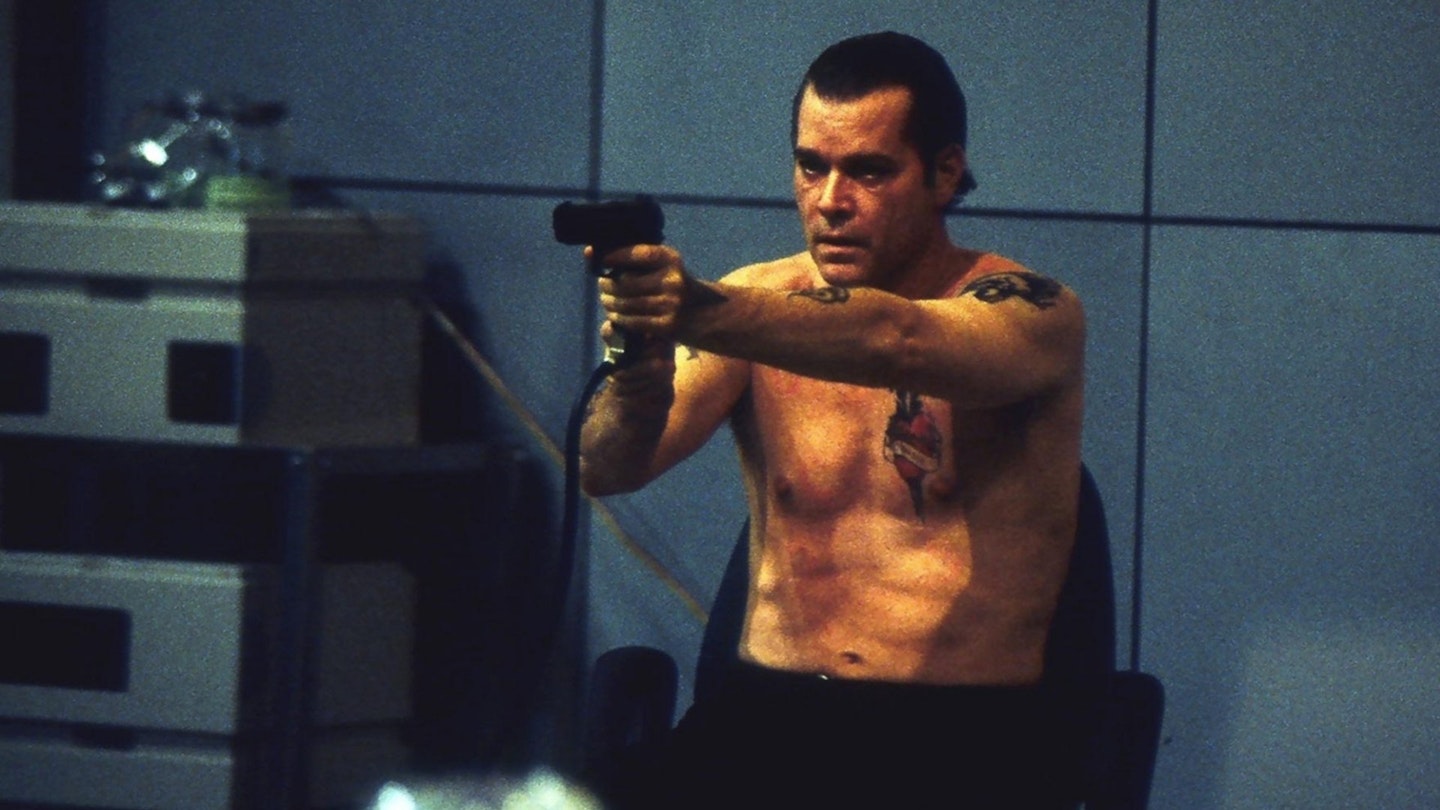The kitchen-sink drama is a genre that the British film industry hasn’t returned to in quite a while. One could argue that Ken Loach’s wonderful Sweet Sixteen, despite its modern-day trimmings (heroin, knife crime), was its last screen incarnation, but despite its roots in biography and the not-so-’60s past, Anton Corbijn’s Control is a natural successor to the likes of Saturday Night And Sunday Morning, A Taste Of Honey and, in particular, Billy Liar. And it’s not simply a question of film stock and setting; yes, Control is shot in crisp monochrome and takes place in a defiantly working-class Northern setting, but like the best kitchen-sink dramas it’s a story about people trapped, and defined by their inability to break free.
Just as those films made stars of their young leads - Albert Finney, Rita Tushingham and Tom Courtenay respectively - so Control acts as an impressive calling card for its star, newcomer Sam Riley. Riley has the unenviable task of carrying a story that will be familiar even to those with just a passing knowledge of Joy Division’s history: on the eve of the band’s first trip to America, Curtis hanged himself in the pantry of the terraced house he shared with his wife Deborah (played here, well and unfussily, by Morton).
But if you’re expecting this to be a bathetic The Doors, delving into the psyche of a troubled musician, you’ll be surprised. It doesn’t even matter much if you don’t know your Joy Division from your Kylie Minogue - Corbijn’s film is really just an account of Curtis’ short but influential life, reclaiming him from the myth-makers who see him as a trench-coated visionary and reminding us that here, at 23, was a kid who married too young, was likely failed by the NHS and struggled with the guilt of infidelity. And more than simply restoring Curtis’ humanity, Corbijn leavens his tale with a rich and unlikely seam of dry humour that counters the darkness of his moods.
Evidence of Corbijn’s background as a photographer rather than a filmmaker is obvious, with Curtis framed against cobbled streets, high-rise flats and rows and rows of two-up-two-downs. Though some may find the opening scenes of the young Curtis finding his muse a bit of drag, Control has a building energy that finds its fullest expression when Joy Division finally perform. Playing live rather than miming, the cast bring the band’s jarring guitar sound vividly to life, but, again, Riley is the standout, capturing Curtis’ whirling-dervish drummer-boy dance moves with an eerie intensity.
If there’s a complaint to be made, it could be that Corbijn is so involved with his leading man - his subject, if you will - that nobody else really gets a look in. Similarly, Corbijn never really engages with whatever it was that prompted Joy Division to fashion such an economic, incisive sound so soon after the angry, messy rumblings of punk.
But these are minor problems with a film that does everything it otherwise sets out to do, sidestepping the traditional pitfalls of the usual rock biopic. Indeed, the very best rock movies are hardly about rock music at all, and in this respect Control is up there with Performance and Last Days.


